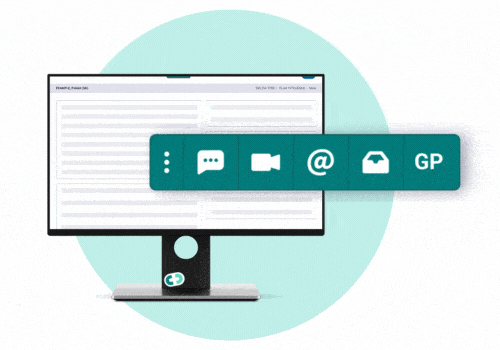Telemedicine Holds Promise of Improved Access to Healthcare
- 11 September 2001
Telemedicine holds the promise of improving access to health care – especially in areas where there are geographical barriers – and of reducing costs, but it suffers from the glamorous image associated with using high technology, a major clinical review in the British Medical Journal concludes.
The reviewer, telemedicine expert, Richard Wootton, looked at 969 journal articles published over the past two years in peer-reviewed titles and found that much of the growth represented in the literature has been in the form of pilots and feasibility studies.
“As a result,” he writes, “there is little convincing evidence of the cost effectiveness of many applications, apart from teleradiology.”
He does, however, point to early evidence of cost effectiveness and clinical benefit in a number of areas including home telenursing, electronic referrals to outpatients, GP teleconsulting and decision support over video links for nurse practitioners dealing with minor injuries.
The review also points to a public demand for health information and advice services such as NHS Direct. “Although there is reasonable evidence that these services are safe, little evidence exists that they reduce demand on other parts of the NHS. They are therefore unlikely to be cheaper for the health service – a common situation in telemedicine, where a new application often improves the quality of the service, but does not reduce the cost.”
Wootton acknowledges the significance of the Internet, as a ubiquitous communications network with standardised communications protocols but writes, “The main problem in telemedicine is not a lack of technology, rather, it is the organisational problem of knowing how to take advantage of the technology.”
He concludes, “Where benefits to patients – for example reduced travel or quicker access to appropriate expertise – outweigh the increased cost to providers, telemedicine is worth considering. However, it is worth bearing in mind that it is much harder to change attitudes and organisations than simply to deliver new equipment.”




